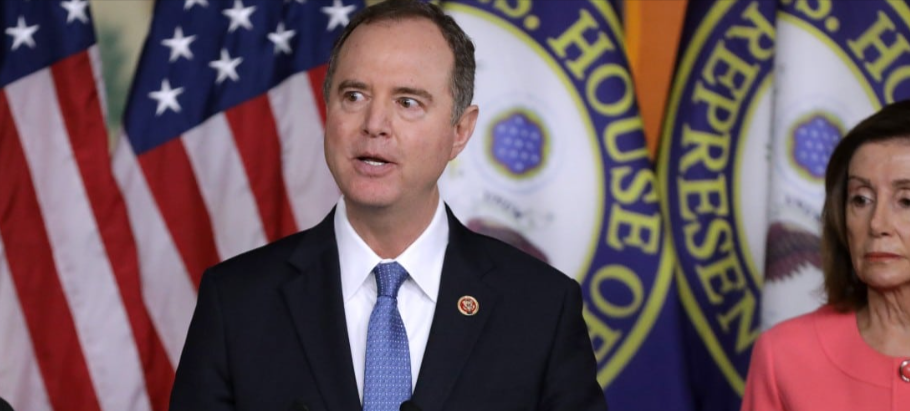Flashback: Schiff Likened Presidential Pardon Of Son to ‘Obstructing Justice’

Senator-elect Adam Schiff has returned to the spotlight this week following President Joe Biden's controversial decision to pardon his son, Hunter Biden. The move contradicts prior statements made by Biden and has sparked renewed attention on remarks Schiff made in the past regarding presidential pardons.
Late Sunday, Biden issued a sweeping pardon covering all alleged criminal activities involving Hunter Biden since 2014. This pardon follows House Republicans' claims of uncovering evidence suggesting legally questionable activities involving Hunter Biden and the president during their dealings in Ukraine under the Obama administration.
In a 2018 interview with CNN's Don Lemon, Schiff discussed a legislative proposal aimed at increasing transparency in presidential pardons. Schiff explained:
“What it will do is say that in the event the president pardons anyone in an investigation in which the president is a witness, a subject, or the target, those investigative files will all be turned over to the Congress,” Schiff stated. “The Congress ought to know whether the president is using the pardon power to obstruct justice. The American people have a right to know.”
Schiff emphasized that the bill wouldn’t prevent a president from granting a pardon but would enable Congress to determine if the power was being misused. “I think it is clearly constitutional. It doesn’t prohibit him from granting a pardon, even a pardon he shouldn’t grant, but it does say that we will be able to at least find out whether the president is using this power to shield himself from liability,” he said.
Lemon responded, “It offers transparency at the very least,” to which Schiff agreed, “Absolutely.”
On Monday, Democrats remained silent after Biden issued a “full and unconditional” pardon for Hunter Biden, covering an 11-year period. This action nullified a felony conviction on gun charges and removed the prospect of a sentencing hearing, which could have led to prison time. The pardon also extended to a felony tax evasion case, both of which were prosecuted by special counsel David Weiss.
Former President Donald Trump criticized the pardon as an “injustice” and pledged to use pardons to defend his own family if they face politically motivated charges. Analysts, including CNN's Elie Honig, agreed that the pardon raises significant questions.
“This is a historic act of political nepotism,” Honig commented. “There’s been a fair debate about whether Hunter Biden is being treated too leniently or too harshly because of his connection to Joe Biden. However, the issue of political favoritism here is indisputable.”
The White House faced tough questions on Monday. Reporters pressed Press Secretary Karine Jean-Pierre about the administration’s previous statements denying the possibility of a pardon. One reporter asked, “You have said repeatedly, yourself, since the election, and the president has said for months, no pardon was coming. … Could those statements not be seen as lies to the American people?”
Jean-Pierre defended the president, saying, “First of all, one of the things that the president always believes is to be truthful to the American people. … I would encourage everyone to read the president’s full statement. I think he lays out his thought process.”
The pardon has fueled a wave of criticism, raising concerns over transparency, accountability, and potential misuse of presidential authority.